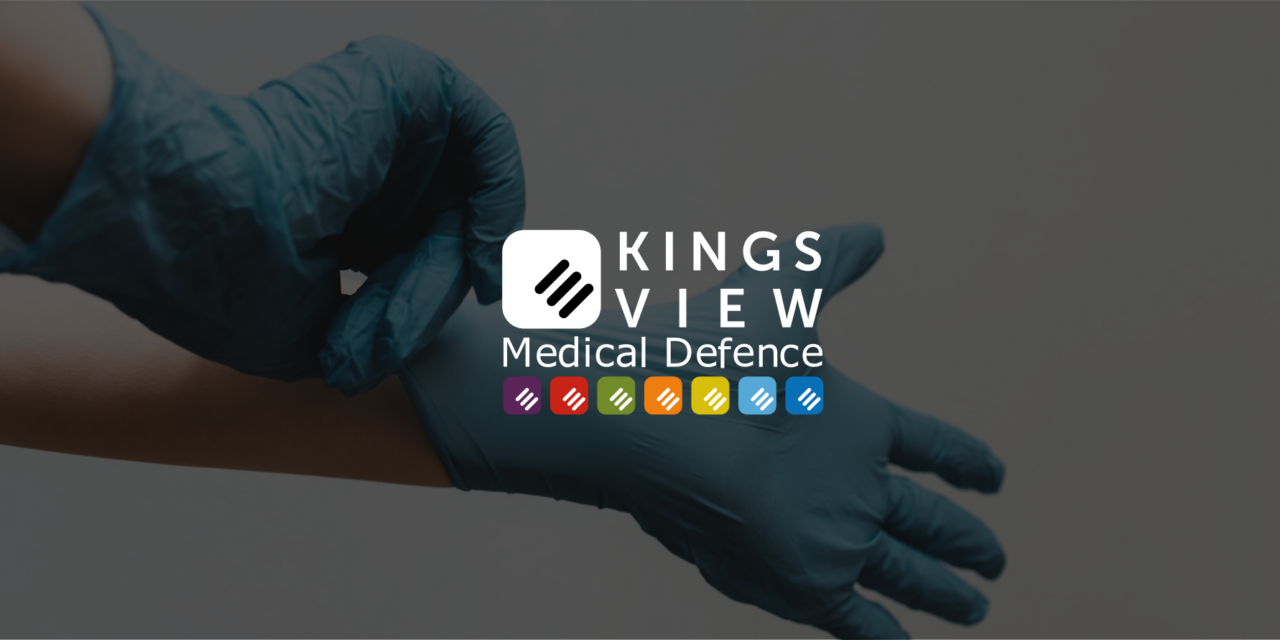This was the issue in Suresh & Ors v General Medical Council [2025] EWHC 804 (KB) (03 April 2025) in which the Court addressed the GMC’s duty of care and Human Rights Act duties relating to doctors under investigation.
In a truly tragic case, this case was brought by the family of a consultant anaesthetist with an exemplary professional record who died by suicide after being informed of a General Medical Council (GMC) investigation into his fitness to practise. The investigation was initiated following a referral from the police regarding allegations made by a 15-year-old patient, who alleged that the doctor had committed a sexual assault whilst she was under his care. However, the evidence was inconsistent with the doctor being the perpetrator, and no charges were brought against him.
A coroner’s inquest was held, after which the Coroner wrote to the GMC asking it to implement actions in two areas for development:
1) In cases where referrals to the GMC are made by the police,
a) The GMC should contact the Police as soon as they are able to and ask if they are aware whether the Doctor is vulnerable or has welfare issues.
b) The GMC should ask the Police as soon as they are able to whether the Doctor’s Employer is aware of the referral. In the event that the Employer is aware of the referral, the GMC should contact the Employer to enquire whether the Doctor is vulnerable or has any welfare concerns.
2) In the first email sent to a Doctor from the GMC, there should be an invitation to the Doctor to telephone the GMC if they are feeling vulnerable or have any welfare concerns. This would then give the GMC the ability to undertake an initial risk assessment and consider appropriate support.”
The GMC confirmed these actions had been implemented.
In summary, the family argued that the GMC had a duty of care to the doctor to prevent foreseeable harm, including psychiatric injury or suicide, and that the GMC violated its obligations under the Human Rights Act.
Marcus Pilgerstorfer KC, Deputy Judge of the High Court, in his judgement, noted that:
“… GMC issued her Significant Event Review report into Dr Suresh’s death. No deviations from GMC practice were identified, nor areas where internal GMC processes or handling was contrary to guidance. Under a heading ‘Actions’ the GMC’s Employer Liaison Advisors (“ELAs”) were asked to remind all Responsible Officers to flag any vulnerability concerns with them at the point that a referral or when a referral is likely, and not to give inaccurate reassurance to doctors. The report also recorded action had been taken as raised by the Coroner.”
Duty of Care
The Court summed up the “Duty of Care” issue as follows:
“I have approached my task by considering the question of whether a duty of care arises on the assumption, in the Claimants’ favour, that it can be shown that psychiatric harm to Dr Suresh, or his suicide, was a foreseeable consequence of a notification by the GMC that he was to be the subject of an investigation. I shall return to the foreseeability issue thereafter.”
The court in this case reached a clear decision that the General Medical Council (GMC) does not owe a duty of care to doctors under investigation concerning how and when they are notified of such investigations. This conclusion was based on key points:
- Inconsistency with Legal Framework: Applying general legal principles (as outlined in the Robinson case), the court determined it would conflict with the statutory responsibilities of the GMC to impose a duty of care regarding its communications with doctors. The regulatory framework restricts the GMC’s liability for negligence in such circumstances.
- No Duty for Actions or Omissions: The GMC’s specific actions (like notifying the doctor) or omissions (things it could have done beforehand) were not found to create a duty of care. The court also noted that the GMC did not assume responsibility for the doctor’s well-being.
- Policy Considerations: The court highlighted potential negative consequences of imposing a duty of care on a regulator like the GMC. Such a duty could hinder its ability to effectively conduct investigations and protect the public.
- Established Precedents: By reviewing prior cases and principles, the court found consistency with past decisions that regulators, like the GMC, are not liable in negligence for how they carry out their statutory functions.
- No Legal Basis for Claim: After analysing the facts and legal principles, the court concluded that the claim against the GMC lacked a legally recognizable foundation in negligence. This led to the claim being struck out.
The Human Rights Claim
The Claimants’ second claim was brought under Section 7(1) of the Human Rights Act (HRA), asserting that the General Medical Council (GMC), as a public authority, breached Article 2 of the European Convention on Human Rights (ECHR), which protects the right to life.
The GMC argued that the case was legally flawed and lacked factual grounds for success. It emphasized that regulatory investigations, like those handled by the GMC, are not typically subject to Article 2 duties in the context alleged by the Claimants.
The Court agreed with the GMC’s submission, stating that:
“Having considered the factors identified in Rabone and subsequent caselaw, and having taken the Claimants’ case at its highest, I have reached the clear view the sending of communications by the GMC to Dr Suresh about a forthcoming investigatory process did not occur in circumstances which amount to the ‘well-defined circumstances’ required to give rise to the operational duty under Article 2 ECHR.”
The Court ruled that:
“that the Claimants’ claims in both negligence and under the HRA disclose no reasonable grounds for bringing the claims and should be struck out. In the alternative, the claims do not enjoy real prospects of success and fall to be summarily dismissed.”
Lessons and Guidance for Doctors
This case offers several key insights and lessons for practising doctors, particularly in relation to professional regulations and the emotional challenges involved:
- Emotional Well-Being: The case underscores the importance of prioritizing mental health when facing regulatory investigations. Doctors should seek support early, whether through colleagues, mental health professionals, or occupational health services.
- Preparation for Fitness to Practise Proceedings: Being aware of the possible stressors and outcomes linked to GMC investigations is crucial. It highlights the need for doctors to proactively prepare, both legally and emotionally, in case such proceedings arise.
- Systemic Challenges: The court’s decision reflects how regulatory bodies prioritize public safety and impartial investigations over individual care. Doctors should be aware of these systemic limitations and not expect regulators to provide personal support.
- Support Networks: Building robust professional and personal support systems can make a significant difference when navigating challenging periods. It is essential for doctors to foster open communication with colleagues and family members.
- Proactive Risk Management: For doctors in high-stress roles or situations, identifying and addressing vulnerabilities—such as mental distress, anxiety, or burnout—can help mitigate risks.
Disclaimer: The accuracy and information of news stories published on this website is accurate on the date of publishing. We endeavour to update stories if information change. You can contact us with change and update requests. Where possible, we will link to sources. Content on this website is for guidance purposes only. We cannot accept any responsibility or liability whatsoever for any action taken, or not taken. You should seek the appropriate legal advice having regard to your own particular circumstances.

Restoration Courses
Courses suitable for any health and social care practitioner who is considering making an application for restoration back onto the register.

Insight & Remediation
Courses that are suitable for any healthcare practitioner who is facing an investigation or hearing at work or before their regulatory body.

Probity, Ethics & Professionalism
Courses designed for those facing a complaint involving in part or in whole honesty, integrity and /or professionalism.







Recent Comments